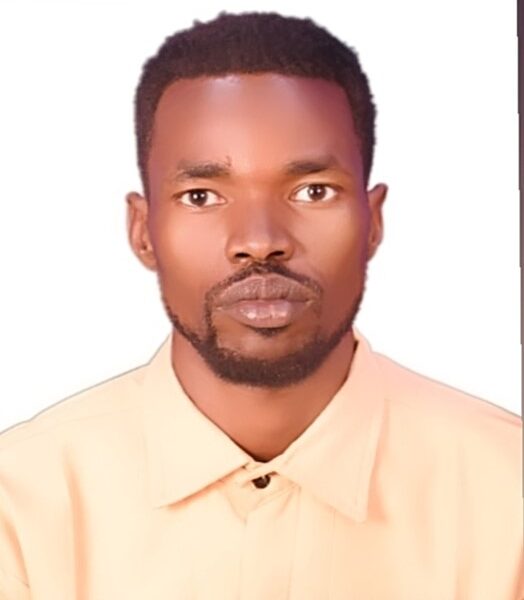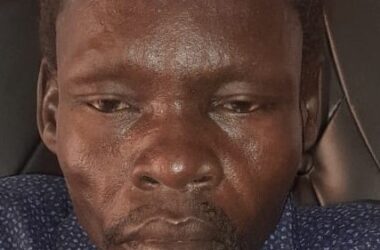
On the dusty pavements of Juba’s bustling streets, one sight has become heartbreakingly common: children, barefoot and weary, their small hands stretched out in desperation.
They ask for food, for water, for the chance to live another day.
For many, the street is home.
For others, it is a place of survival where every passerby is a faint glimmer of hope.
Every morning, as the sun rises over the Nile, groups of children can be seen roaming the capital, some carrying sacks to collect scraps of plastic bottles to sell, others simply begging for a meal.
Their cries are not cries of mischief but cries of hunger raw, desperate, and unending.
Yet, despite this daily tragedy unfolding in plain sight, the nation’s leaders in J1 the heavily guarded seat of South Sudan’s political authority seem unmoved.
Behind its tall walls and polished gates, decisions are made, speeches are delivered, and promises are exchanged.
But rarely do those decisions, those words, trickle down to the streets where the children sleep on bare ground and go to bed with empty stomachs.
South Sudan is a young country, but its children carry the heaviest burden of its struggles.
Conflict, economic collapse, and displacement have forced thousands of children into conditions no child should endure.
According to humanitarian organizations, malnutrition rates remain alarmingly high, and access to education has become a privilege rather than a right.
Many of these children are orphans of war. Others come from families torn apart by poverty, unable to afford food or rent.
With no social safety nets in place, the streets of Juba have become both their refuge and their prison.
Health workers warn that these children face not just hunger but also disease, exploitation, and trauma.
Without shelter, they are exposed to the rains, the scorching heat, and the dangers of violence. Some turn to petty crime as a means of survival, while others fall prey to exploitation.
The cries of these children rise daily, but they are drowned out by the political debates within J1.
Leaders continue to argue over power-sharing, positions, and agreements, while the nation’s most vulnerable remain abandoned.
Critics argue that this silence is not just negligence but a betrayal of South Sudan’s future.
Every child on the street represents a failed promise, one humanitarian worker noted. “They are not just statistics.
They are human beings whose dreams are being stolen before they can even begin to live them.
For the children, however, politics is a distant concept.
What they know is hunger. What they feel is neglect. What they see is the indifference of those who claim to lead them.
There is no shortage of resources in South Sudan.
The country is blessed with vast natural wealth and international support. What is missing is the political will to prioritize the people especially the children who have no voice at the table.
Civil society organizations have repeatedly called on the government to establish programs that provide food, shelter, and education for vulnerable children. But without commitment from those in J1, such calls remain words on paper.
Ordinary citizens, too, are growing weary. Many sympathize and give what little they can, but the weight of the crisis is too heavy for individuals alone to carry.
The responsibility lies with those in power leaders who swore to protect and serve the people.
South Sudan’s future lies in its children. To abandon them now is to abandon the nation’s tomorrow.
If the cries of Juba’s street children continue to go unheard, the consequences will be devastating not just for the children themselves, but for the stability and progress of the entire country.
The children cry every day, not for luxury, not for politics, but for the basics of human survival.
The question remains: when will the leaders in J1 open their ears and their hearts to listen ?
Until then, the streets of Juba will remain filled with the sounds of hunger and despair an indictment of silence from those who could make a difference but choose not to.
The writer, Deng Chol is a concerned citizen and can be reached at dengolesmo5@gmail.com




